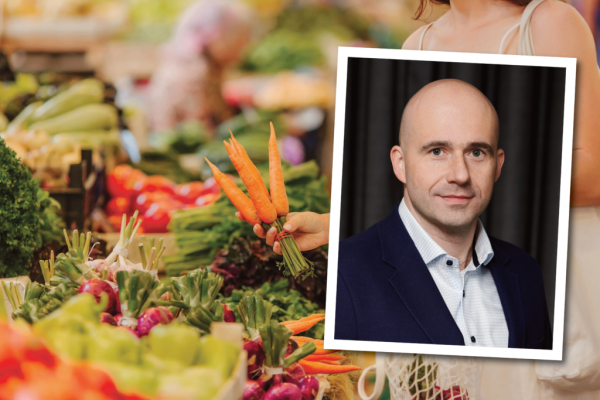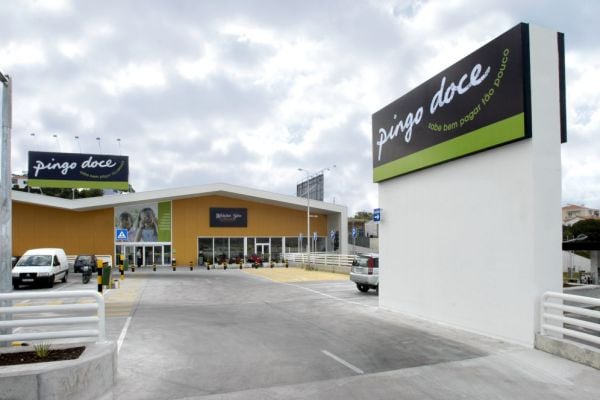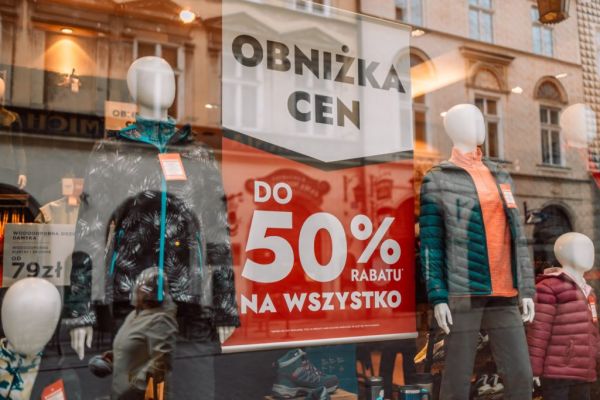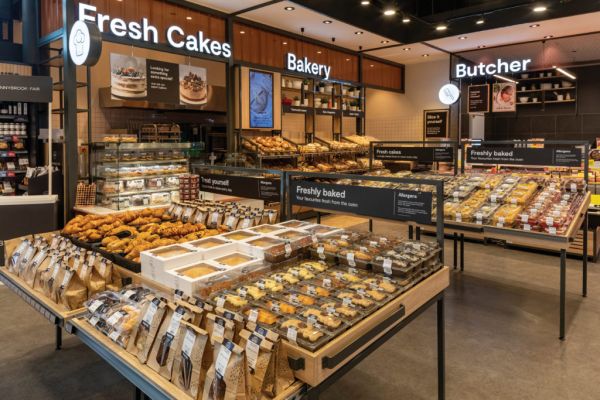In the most recent edition of ESM, we caught up with sustainability leaders across European retail, as part of our 'Sustainability 2024' report, including Grzegorz Czekalski, Risk Management and Sustainability Director, Eurocash Group.
ESM: We’re more than a year into a cost-of-living crisis that has hit consumers hard. To what degree have these financial difficulties influenced consumer perceptions about sustainability?
Grzegorz Czekalski: Inflation, the unstable situation beyond Poland’s eastern border, and price increases have influenced consumers’ shopping habits and made them rethink their purchasing path.
We have already recovered from the pandemic, and there is noticeable stabilisation in online trade. Environmental awareness is also growing – leading, for example, to the rationalisation of expenses for fuel or electricity, as well as the more responsible treatment of waste and returnable packaging.
On the other hand, financial difficulties are forcing consumers to give up sustainable products, which are usually more expensive. Therefore, they focus more on priority aspects of everyday life than on ecological challenges. Consumers’ perception of sustainability is therefore influenced by many factors, from individual values and needs to local and global conditions.
To be effective, sustainability needs to permeate all aspects of a business’s decision-making and operating structure. How has that been implemented at your business?
The unique position of the Eurocash Group on the Polish FMCG market allows it to track consumer trends and raise consumer awareness of sustainable solutions. On the other hand, it enables dialogue with producers aimed at sustainable development. We try to cover our entire value chain with action and education in this area.
With this in mind, the Eurocash Group decided to create an ESG team, which reports directly to the CEO and therefore has strategic importance in the group. The team consists of managers and work teams specialising in each of the three ESG areas. This allows us to combine substantive knowledge from each of these areas, share it inside and outside the organisation, and develop consistent values and directions of action.
To what degree have you sought to foster collaboration with other businesses, groups, or industry bodies in furthering your sustainability goals?
The main group that can support us in achieving our sustainable development goals is our supplier network. We want as many of our key suppliers as possible to be aware, calculate their carbon footprint, and set their own decarbonisation goals.
By joining the Science Based Targets Initiative [SBTi], we adopted an ambitious decarbonisation strategy, under which we committed to reducing CO2 emissions by 47.7% in Scopes 1 and 2 by 2030.
We have also developed a code of good practice for suppliers, which describes our requirements in the field of sustainable development towards business partners and regulates issues of fundamental rights, minimum guarantees, environmental aspects and corporate governance. As part of the code, we are also open to cooperation with suppliers in developing appropriate joint actions for the good of the natural environment, respecting human rights, employee rights, supporting diversity and an inclusive work environment, as well as supporting local communities and local sustainable business.
Younger consumers – particularly Gen Z – are sceptical about the sustainability claims being made by big businesses. How can businesses better communicate to this demographic?
In our opinion, transparency and information about the current situation, plans, and the effects of actions taken are crucial. Actions speak louder than words.
Therefore, in our daily activities, we focus on practical actions and initiatives – not only on promises. For example, for three years, we have been running the ‘We respect, we do not waste!’ (‘Szanujemy nie marnujemy’) campaign, which we address to retail store owners, sellers and consumers, sharing advice, ideas and inspiration on how to prevent food waste.
Another direction of our social involvement and positive changes in local communities is the scholarship programme of the Eurocash Group Foundation. The aim of the initiative is to support particularly talented pupils and students in acquiring knowledge and developing talents, regardless of their field.
Elsewhere, this year we launched a new programme for young people who want to start their professional path in retail. We cooperate with schools and universities and have created a special educational platform where candidates can see what it is like to work with us. We also attach great importance to the onboarding of new employees.
We conduct extensive communication in all of the above areas, and our employees are ambassadors of our activities.
We’re now just over a year away from the mid-part of the decade. In what areas do you think we will see a ramping up of sustainability efforts over the next year?
Predicting exact future events is difficult, but I would expect to see retailers focus their sustainability efforts on a number of areas.
Firstly, in terms of the ecological aspects of products, we can expect greater emphasis on offering products with a lower impact on the environment, which are ecological and sustainable. In terms of recycling, stores can do more to support consumers in education about recycling and offer solutions that reduce packaging consumption.
Next, in terms of energy efficiency, stores are increasingly installing photovoltaic panels and can also promote independent energy sources among their consumers. Investments in the thermal modernisation of buildings or photovoltaic systems not only reduce operating costs, but also provide targeted actions for sustainable development.
Other aspects include consumer education – retail stores can become more involved in educating consumers about sustainable development through campaigns and actions on sustainable shopping – and cooperation with environmental organisations and NGOs. Stores should also participate in the life of local communities. Even small actions, such as donating funds or goods to a local animal shelter, can turn out to be a bullseye.














